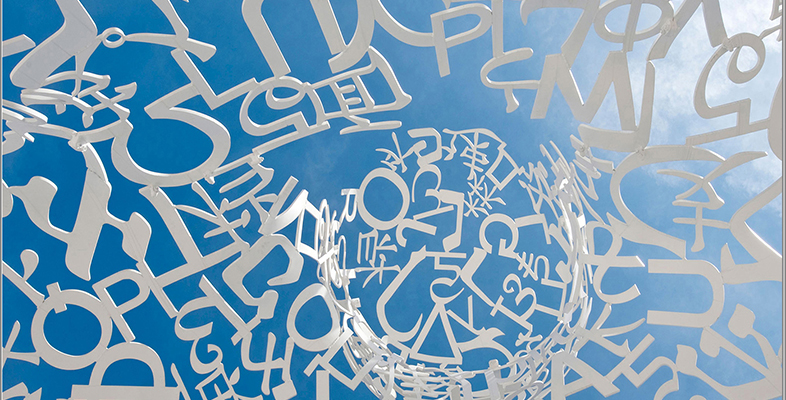3.2.2 Polari, argot and Lunfardo
You will now listen to three audio clips in which members of the Open University’s Department of Languages talk about slang used in three different cultures: English Polari, Argentinian Lunfardo and French argot.
As you listen, it is worth bearing in mind that the origins of particular varieties of language are never easy to date with any precision, especially as they often evolve from the language environment around them.
Activity 18
Listen to the following audios and try to identify the main similarities and differences between these three sociolects. As you listen you may find it helpful to focus on the following aspects:
- how they originated: who spoke them and why
- how words and expressions are formed
- attitudes of mainstream society/culture towards their use
- present usage.
Transcript: Polari
Transcript: Lunfardo
Transcript: Argot
1 What similarities were you able to identify between Polari, Lunfardo and argot? Make a note of them in the box below.
Answer
- All three evolved, in part, as a secret code for speakers to use as a means of excluding the wider society from their communications. Inevitably, this exclusive function also generated an inclusive one, building a sense of group identity and belonging among users of a particular slang.
- They were (or are) primarily used by marginalised communities, and also often (but not always) related to criminal or covert activity.
- They were (or are) not languages as such because they did not evolve their own syntax. They have, however, forged distinct lexicons.
- Words were (or are) imported from other languages, common words were given new meanings and existing words were transformed by, for example, truncating them and changing the order of the sounds and syllables.
- Initially, mainstream society was either unaware of these slang varieties or regarded them with disdain, reflecting the low regard with which speakers of these varieities were held in the wider community.
- Attitudes towards these slang varieties have changed, in part, because they have featured in the arts and media. One of the indicators of the greater acceptance and even embracing of these varieties is that some of the words have entered common usage. This wider exposure undermined one of the main functions of these varieties, to allow speakers to communicate covertly.
2 What differences did you identify between Polari, Lunfardo and argot? Make a note of them in this box.
Answer
- There are clear differences in the specifics of the three slang varieties – they originated in different places and among different sections of society. Unsurprisingly, they drew their lexicon from different languages.
- The main generalisable difference between them seems to lie in their relative vitality. Polari, for example, has now become an interesting footnote in linguistic history in contrast to argot which continues to evolve. A slang variety’s robustness seems to be related to the degree to which sections of the community that use that variety continue to feel suppressed. So, in the UK, generally more liberal attitudes towards the gay community and a radically altered legal status may have contributed to Polari’s demise. On the other hand, the immigrant communities in the suburbs of French cities still largely feel excluded from the mainstream, which is one reason why French argot continues to evolve.
